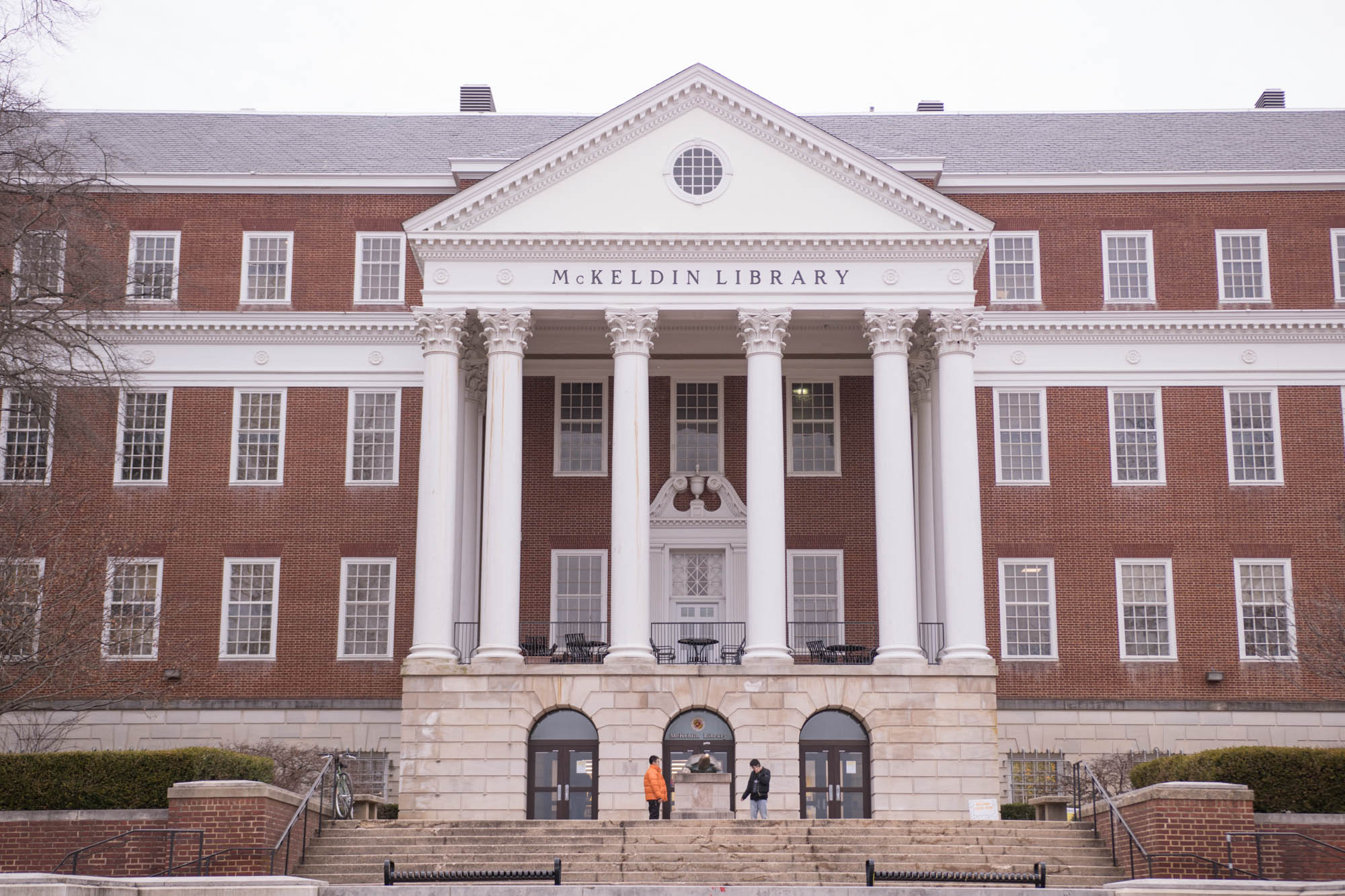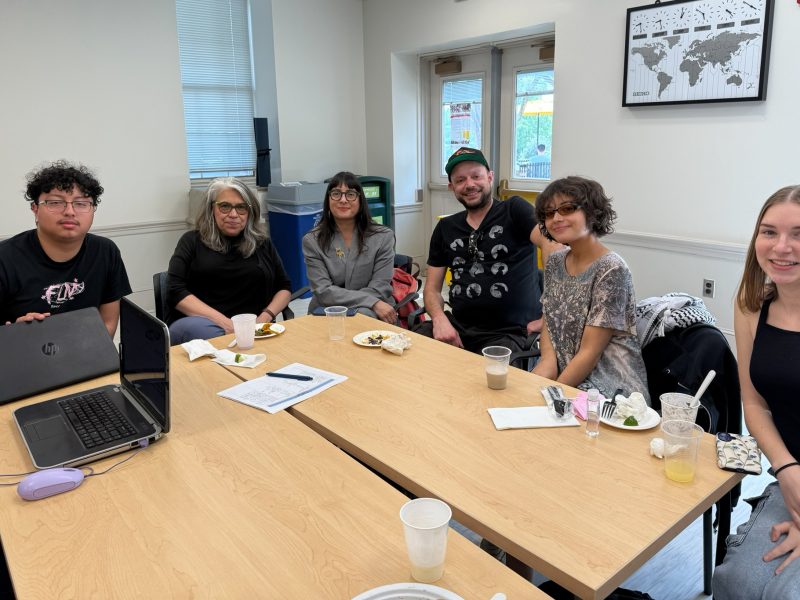If you travel to any major American city right now, you’ll likely see swarms of protesters walking through the streets.
What started in Minneapolis as the reaction to a white police officer pressing his knee into the neck of a 46-year-old black man has since spun out into demonstrations in at least 140 cities across the country, according to The New York Times. Protesters are unifying against not only police brutality, but also the machinations of racism that continue to grind within this country’s institutions.
But the fight against racism can also be waged in places other than city streets. Becoming anti-racist requires a thorough understanding of racism’s deep-rooted history in the U.S., and at the University of Maryland, students have access to books that can help them do so.
Listed below are seven works on racism that can be accessed for free through the university’s online library. They range from W.E.B. Du Bois’ commentary on the black community during the turn of the 20th century to Michelle Alexander’s thesis on mass incarceration.
This list is by no means exhaustive.
The Souls of Black Folk – W.E.B. Du Bois (1903)
This formative work assesses the progress that black Americans have experienced since the Emancipation Proclamation. Du Bois, the first black person to receive a Ph.D. in the U.S., argues that as an oppressed community, black people are forced to view themselves through the eyes of their oppressors. This type of conditioning, which he calls the “double consciousness,” affects black lives on both an individual and collective level.
The Fire Next Time – James Baldwin (1963)
A grouping of two essays, this work by writer and activist James Baldwin explores how the legacy of race relations in the U.S. persists over time. Acknowledging the past, Baldwin writes, can enable us to contextualize the present.
[How #BlackLivesMatter was hijacked by black squares and selfies]
The New Jim Crow – Michelle Alexander (2010)
Michelle Alexander’s The New Jim Crow argues that the “racial caste system” in America has undergone three stages: first slavery, then the Jim Crow laws, and now mass incarceration. These systems, Alexander writes, have perpetuated the oppression of black people in the U.S.
Between the World and Me – Ta-Nehisi Coates (2015)
Ta-Nehisi Coates’ perspective on the realities of being black in modern-day America invites the reader to a world they may not have ever experienced before. In this world — Coates’ world — the American dream is constituted by violence, fear and injustice. For black people, Coates writes, this is their reality: They must learn to live in a society that systemically brutalizes them.
Citizen: An American Lyric – Claudia Rankine (2014)
Claudia Rankine blends poetry, prose and images to portray how racism manifests itself in the present day. Throughout the 2014 book, published after the killings of Trayvon Martin and Michael Brown, Rankine shows that acts of implicit bias — which are sometimes not all that implicit — can shape the way black people view themselves and lead to larger injustices.
[White people need to be listening to black activists, not talking over them]
Women, Race & Class – Angela Davis (1981)
In this book, activist and scholar Angela Davis explains the histories of the feminist movement and the abolitionist movement — and how black women are especially impacted by the forces of systemic sexism and racism.
Understanding White Privilege: Creating Pathways to Authentic Relationships Across Race – Frances Kendall (2012)
In this book, Frances Kendall illustrates how whiteness entails a privilege that blacks do not enjoy, as well as how whites often internalize the many facets of institutional racism. Importantly, however, Kendall’s analysis paves a path forward for talking about whiteness and building relationships across privileges.
To access an electronic version of one or more of these books, search for its title on McKeldin Library’s website. Then, click “View eBook” on the selected work and use your university log-in to begin reading.



